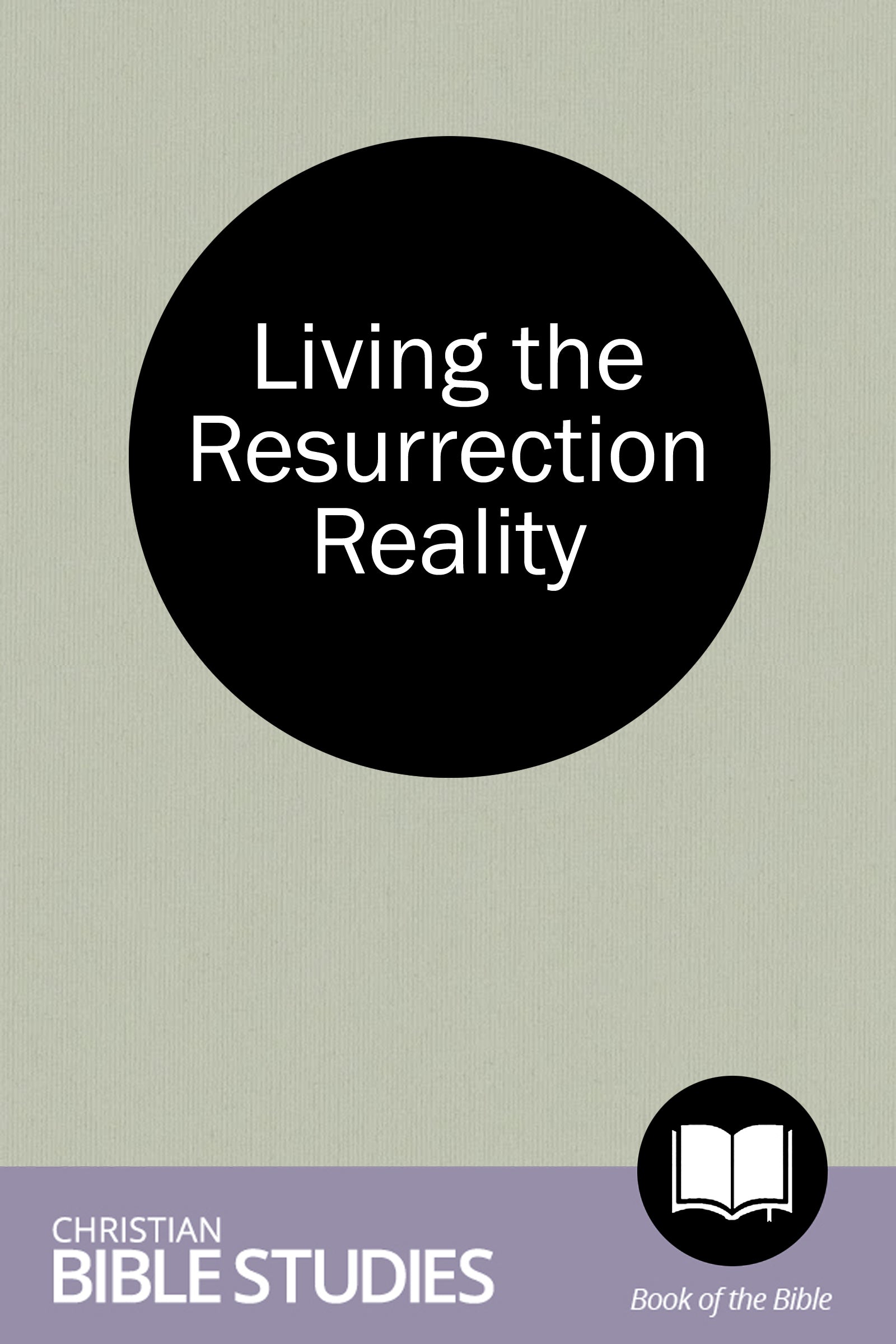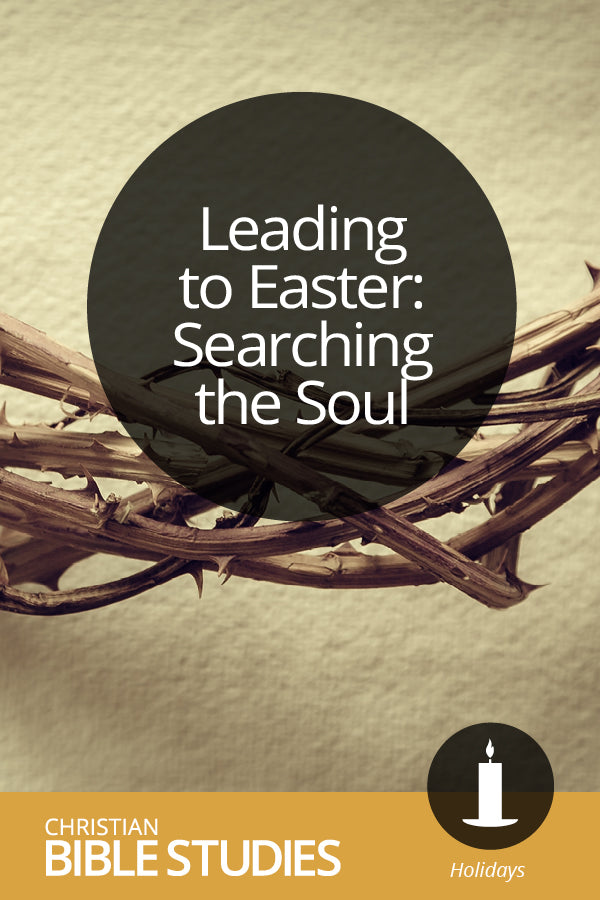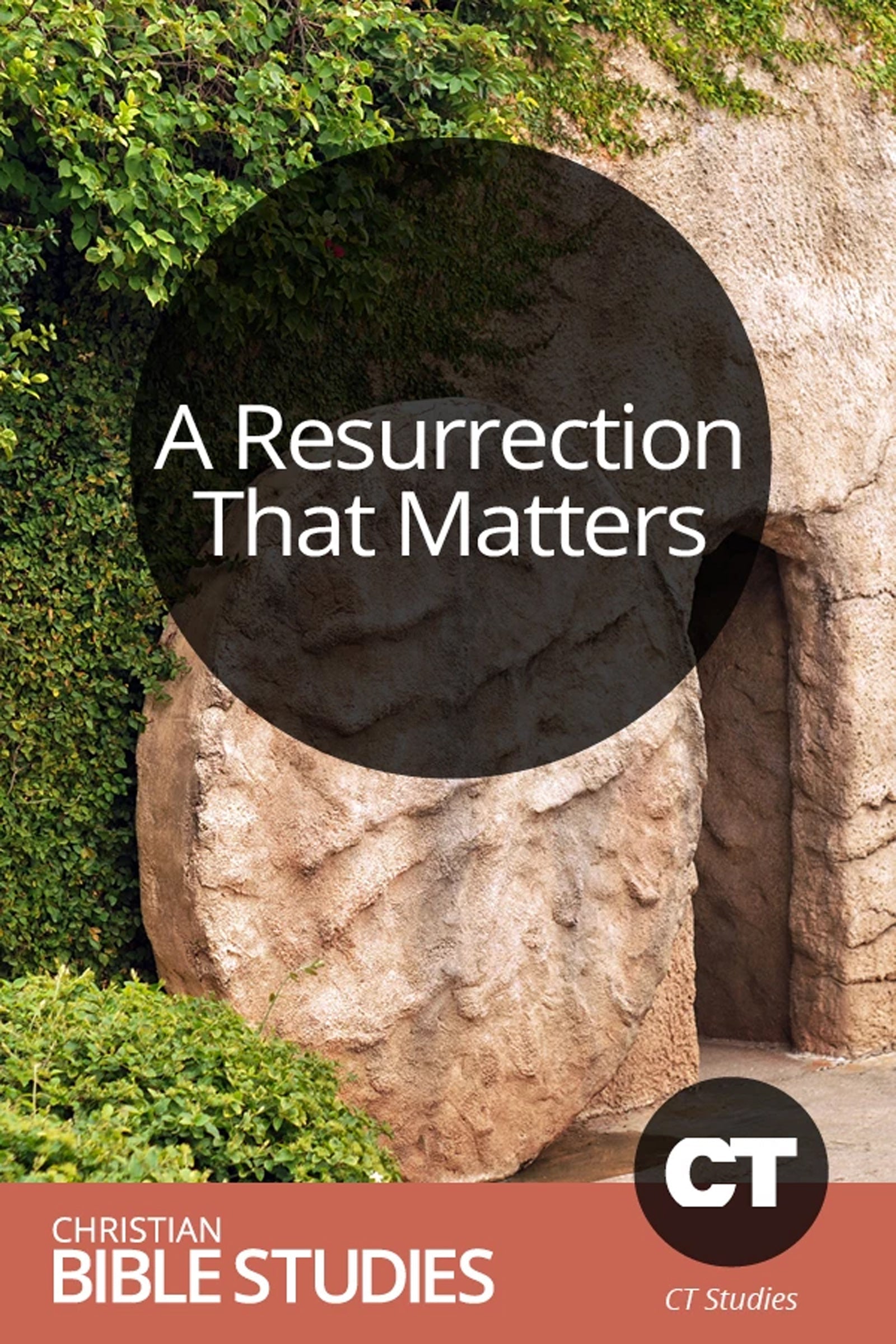Many Christians think the Trinity is something they are supposed to spit out as part of their orthodoxy without needing to understand it very well. We have the idea—one we've taken for granted and never examined—that we can get on without any knowledge about the Trinity. That’s a problem, especially when the gospel comes to us in the New Testament through the lens of the Trinity.
Concrete metaphors explaining the nature of the Godhead invariably break down and perhaps mislead us as much as they teach us. We only have to look at them twice to realize that the Trinity is not like water, which at different temperatures can be liquid, solid, or steam. The Trinity is not like a cloverleaf with the three little leaves making one big leaf. And the Trinity is not like a cube, which has a number of sides but nonetheless is one cube.
Those illustrations all miss the truth that the Trinity is three persons—persons who are more personal than we are, persons whose personhood ought to be highlighted and shouted from the rooftops. Neither the Father nor the Son nor the Holy Spirit is inanimate. Each is not a thing but a living person.
The Trinity and the Gospel
The unity of God is not something we can grasp completely, yet it is woven into the fabric of the gospel. In order to understand, discuss, and preach the gospel, we need to have an understanding of the Trinity. The simplest way to explain it is to say that God is a Divine Team—Father, Son, and Holy Spirit. They work together in all of God's works, but now particularly through the gospel for the salvation and sanctification of us needy sinners.
In John 3 when Nicodemus came to him by night, Jesus told him about the kingdom of God. Nicodemus and his Jewish peers were anxious to be a part. Jesus explained that in order to enter the kingdom of God, you must be born again of the Spirit of God. And in order to be born again, you must attend to the message of Jesus and learn to trust him as your sin-bearer.
The gospel involves all three persons—the Father, whose kingdom it is; the Son, who was to die on the cross; and the Holy Spirit, who brings us to new birth.
We cannot understand the message Jesus shares here without the Trinitarian frame of reference.
For example, if we leave out the Holy Spirit, we'll give people the idea that it's entirely up to us whether or not we come into the kingdom, even though it's dependent on the work of God in our hearts.
If we leave out the Cross, we’re buying into a post-Christian ideology of religiosity—the religious feeling, unfocused but sobering to the heart, that people mistake for real religion.
And of course we speak of God and his kingdom, because that's what it's all about: a relationship with a God who in fact turns out—when we look with the guidance of Scripture to help us—to be three persons in unity.
Relationships within the Trinity
Understanding the Trinity is all about understanding the relationship between each of its persons. Each is distinct in the ministry that he has in Christians’ lives, and in the relation he has to the other two persons of the Trinity. The New Testament holds to the relational pattern of the Son doing the Father's will, the Spirit doing the will of the Father and the Son, and three being together in each stage of every Christian’s life.
Sanctification is a good example. The Trinity presents itself as we seek to do the will of the Father in the knowledge that the Lord Jesus is with us always—he is beside us to encourage us. And the Holy Spirit is in our hearts to strengthen and enable us to understand what all this requires of us. The Father, Son, and Holy Spirit together.
Under the Great Commission, it’s the same story. The Father and the Son send you to be the Lord's witness in the world. They promise that the Holy Spirit will be in you prompting you about what to say in these situations. It's a Trinitarian reality and the whole Christian life is a Trinitarian business.
All the power and all the ability to witness, along with the summons to do it, comes from God. In fact, all the calls to action in the Christian life, whatever they are, are Trinitarian situations. The Father says, "This is what you have to do." The Lord Jesus confirms that, stands by us, and walks with us as we seek to do it. And the Holy Spirit within empowers and enlightens us so that we can see what needs to be said and done. And you find yourself—in some measure—able to tackle it.
J. I. Packer is the Board of Governor's Professor of Theology (retired) at Regent College in Vancouver, B.C., and the author of Knowing God. This article is adapted from an interview by Craig Brian Larson that first appeared in Leadership Journal.
































